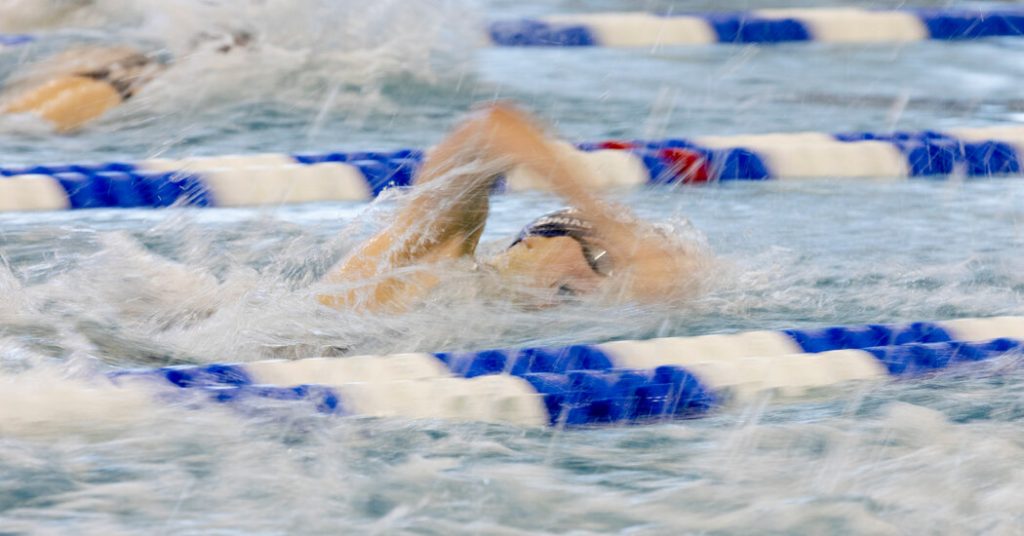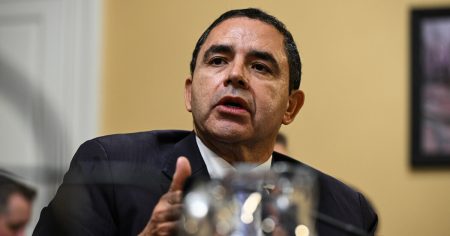A recent study funded by the International Olympic Committee found that transgender female athletes had greater handgrip strength but lower jumping ability, lung function, and relative cardiovascular fitness compared to cisgender females. This data contradicted the common belief that transgender female athletes have an unfair advantage due to testosterone-fueled puberty as males. The study’s authors cautioned against hasty policy changes that restrict transgender athletes from participating in women’s sports, as there is no one-size-fits-all approach.
Despite the study’s findings, bans on transgender athletes continue to grow. Twenty-five U.S. states have enacted laws or regulations barring transgender individuals from competing in girls and women’s sports. The National Association of Intercollegiate Athletics also recently restricted transgender athletes from participating in women’s sports unless they were assigned female at birth and had not undergone hormone therapy. Various Olympic sports have implemented their own restrictions, further complicating the issue.
The International Olympic Committee has allowed individual sports federations to set their own rules regarding transgender athletes’ eligibility. The recent study at the University of Brighton involved a small sample size of transgender and cisgender athletes who were involved in physical training regularly and were not competing at a national or international level. The study found that transgender female athletes had certain advantages in terms of strength but exhibited lower lung function and aerobic capacity compared to cisgender athletes.
Supporters and opponents of transgender athlete bans continue to argue their case. Some believe that the bans are necessary to maintain fair competition, while others argue that the restrictions are unnecessary and unjustified. The issue has become highly politicized, with little room for objective scientific analysis. The study’s lead author, Dr. Yannis Pitsiladis, acknowledged that the debate has become more about politics than science, which may deter scientists from pursuing research on this topic.
In some cases, the fight over transgender bans has escalated to the courts. Prominent cases include Lia Thomas, a former University of Pennsylvania swimmer challenging a ban imposed by World Aquatics, and a lawsuit by current and former U.S. college athletes against the NCAA. These legal battles underscore the complexity and divisiveness of the issue, with Title IX being invoked by both sides to support their arguments for or against transgender athlete inclusion in women’s sports.
Overall, the debate over transgender athlete participation in women’s sports remains unsettled and highly contentious. The recent study funded by the International Olympic Committee provided valuable data but did not offer a definitive solution to the ongoing controversy. As the debate continues to play out in the courts and in public discourse, the need for further research and a nuanced approach to policy decisions becomes increasingly apparent to ensure fair and equitable competition for all athletes, regardless of their gender identity.















